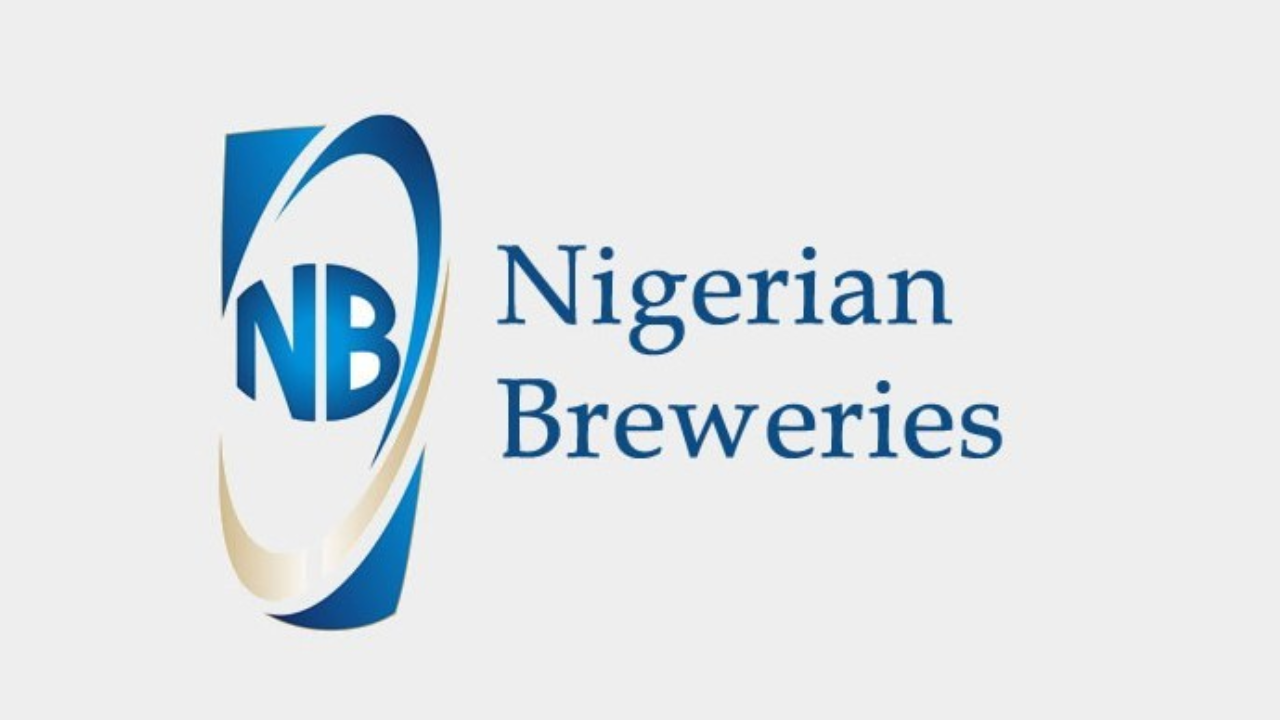What birthed the Nigerian Breweries Plc’s Empowerment Programme and why the focus on vocational training?
For us at Nigerian Breweries Plc, we have recognised that there are two categories of people in our society that can really make a difference in the future of this great nation. That is why in 2019, we established the NB Empowerment Programme for youth and women. We also recognised that the pandemic, which had a lot of massive negative impact all over the world including Nigeria led to an increase in the level of unemployment.
There were less jobs for everyone to go around. Inflation also impacted all the fledgling businesses. So, we knew that we needed to support the communities and so we decided to start with our host communities. As the saying goes, charity begins at home, so, we decided to start with our host communities.
How do you intend to block the leakages occasioned by brain drain and redundancy in the workforce?
I think that is a phenomenon that is unique on its own. It bears restating that this initiative is focused on the disadvantaged group. That is, most of the people we are talking about or targeting for this initiative are not in the workplace, they are not able to run their own businesses talk less about having the opportunity to travel abroad. So, it is important to state that we go to the rural areas to empower this demographic.
With the unemployment rate in Nigeria, how well can empowerment address the job creation deficit?
Training has a multiplier effect as those who have been empowered with such training go ahead to train others.
How do you intend to drive inclusion?
First of all, we want to ensure that the empowerment programme is tailored towards specific needs. So, when we look at that community focus and host community prioritization, we were also looking at the United Nations Sustainable Development Goals that are relevant. The first one is poverty. If you go to our communities, you will find out that we now have a large number of the disadvantaged group that we needed to bring into the income-earning bracket. Secondly, we also looked at SDG Goals (SDG Goal 5)- Gender Equality in ensuring that both men and women are brought into the income-earning bracket. By that, we mean decent work, decent economic growth, or having a befitting source of livelihood. So, we thought – Rather than fish for the youth and women, why not teach them how to fish? Through that, we will be able to achieve SDG No.10 of reducing inequality.
What template do you have in place to sustain future events and create more empowerment programmes?
We are actually working with a blueprint. We have partners that we work with in terms of need assessment as well as the actual programme that the graduates go through.
We partner with universities depending on the programme that is available in various states. And after that, they get the certification, and they go through a graduation process, they receive relevant tools or equipment. On top of that, we go back to monitor their progress. There is a set process which we have followed successfully from 2019 till date.



